Six malaria deaths in Matabeleland South
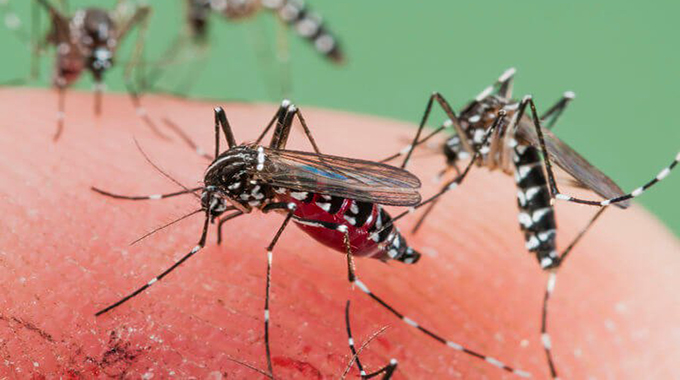
Sukulwenkosi Dube-Matutu, Gwanda Correspondent
MATABELELAND South Province has this year recorded an increase in malaria cases with six deaths in Gwanda and Beitbridge districts.
In an interview, Matabeleland South provincial environmental health officer, Mr Notho Dube said 900 malaria cases were recorded throughout the province over the past two months.
Mr Dube said some communities were however attributing the six deaths to Covid-19 which was not true.
He said to fight malaria, they had distributed 92 000 mosquito nets in Gwanda and 82 000 in Beitbridge and the exercise was still ongoing.
“We have noted an upward trend in malaria cases that we have recorded this year as they are overshooting three-fold when compared to last year’s figures. From February up to end of March we had recorded six malaria related deaths of which four were recorded in Beitbridge and two in Gwanda South.
“We recorded a total of 896 cases throughout the Province with Beitbridge recording 819 and Gwanda 60. These figures are roughly three-fold what we recorded last year. Another worrisome development is that this year we recorded malaria cases in districts where we had never recorded any cases before such as Umzingwane where there are nine cases and Mangwe which has one case,” he said.
Mr Dube said Gwanda South and Beitbridge are malaria prone areas.
“One of the major causes of the increase this year is the persistent rains and flash floods we received in February which created breeding areas for mosquitoes thereby increasing the population of mosquitoes. In Gwanda most cases have been recorded along Umzingwane River where we have people conducting a number of livelihood activities such as cattle ranching,” he said.
“In Beitbridge East there are also a number of stagnant water points. People also conduct a number of outdoor activities at night such as farming, mopane worm harvesting, mining without wearing clothing to protect them from mosquito bites. Some people are not using mosquito nets which they received.”
He said they were also conducting treatment and follow up of cases, spraying of breeding sites, continued health education and promotion. He said plans were underway to resume spraying of households which had been abandoned in the past due to limited cases of malaria.
Mr Dube urged people to ensure that they closed doors especially at night, use repellants and wear long sleeves when outdoors. He also encouraged early reporting when people suspected that they had malaria as most deaths were as a result of late reporting.
Mr Dube said teams had also been deployed to affected areas to collect further information on the drivers of infection. He said an investigation will also be conducted to determine why malaria was reported in districts that do not normally record it and they would then tailor an intervention strategy.
He said communities were however panicking as they were confusing cases of malaria with those of Covid-19.
“Rumours were now spreading that the people who died in Gwanda as a result of malaria had succumbed to Covid-19 which isn’t true. People should clearly differentiate between symptoms of malaria and Covid- 19. When it comes to Covid-19 one has fever, cough, sneezes, difficulty in breathing but when it’s malaria one will have a headache, fever, joint pains and abdominal pains,” he said.


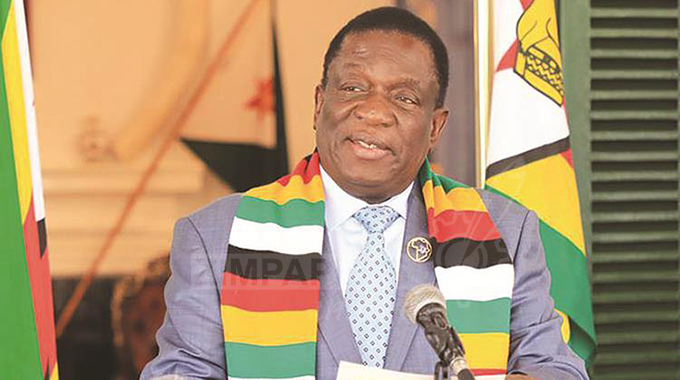
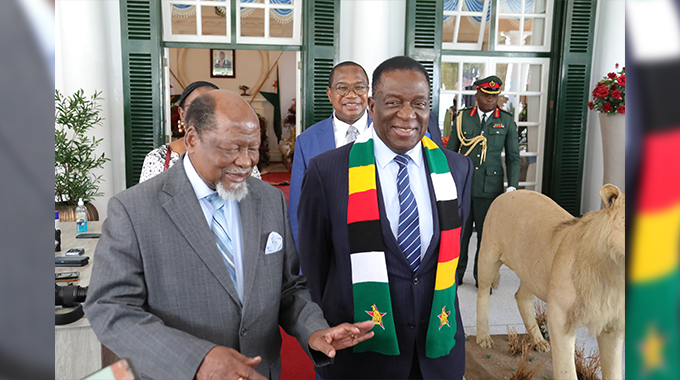

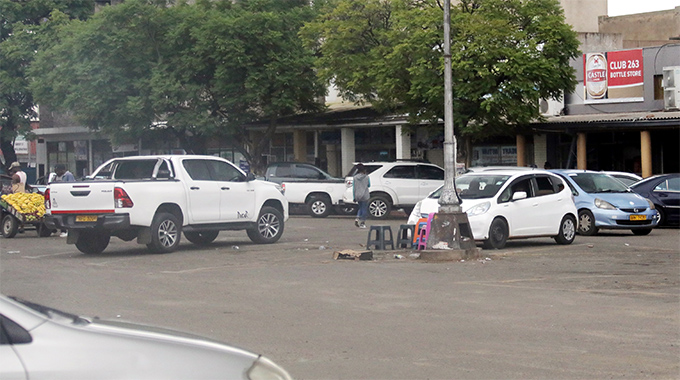





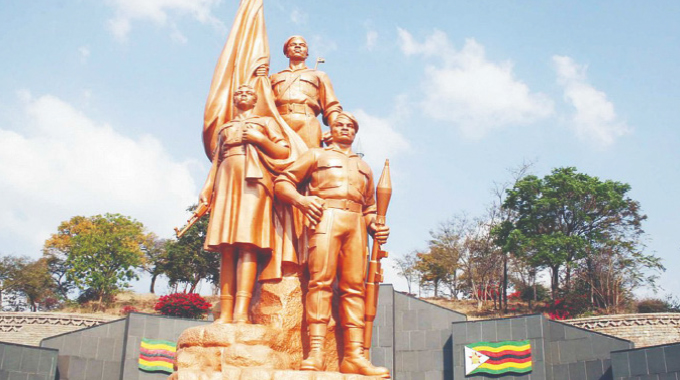
Comments